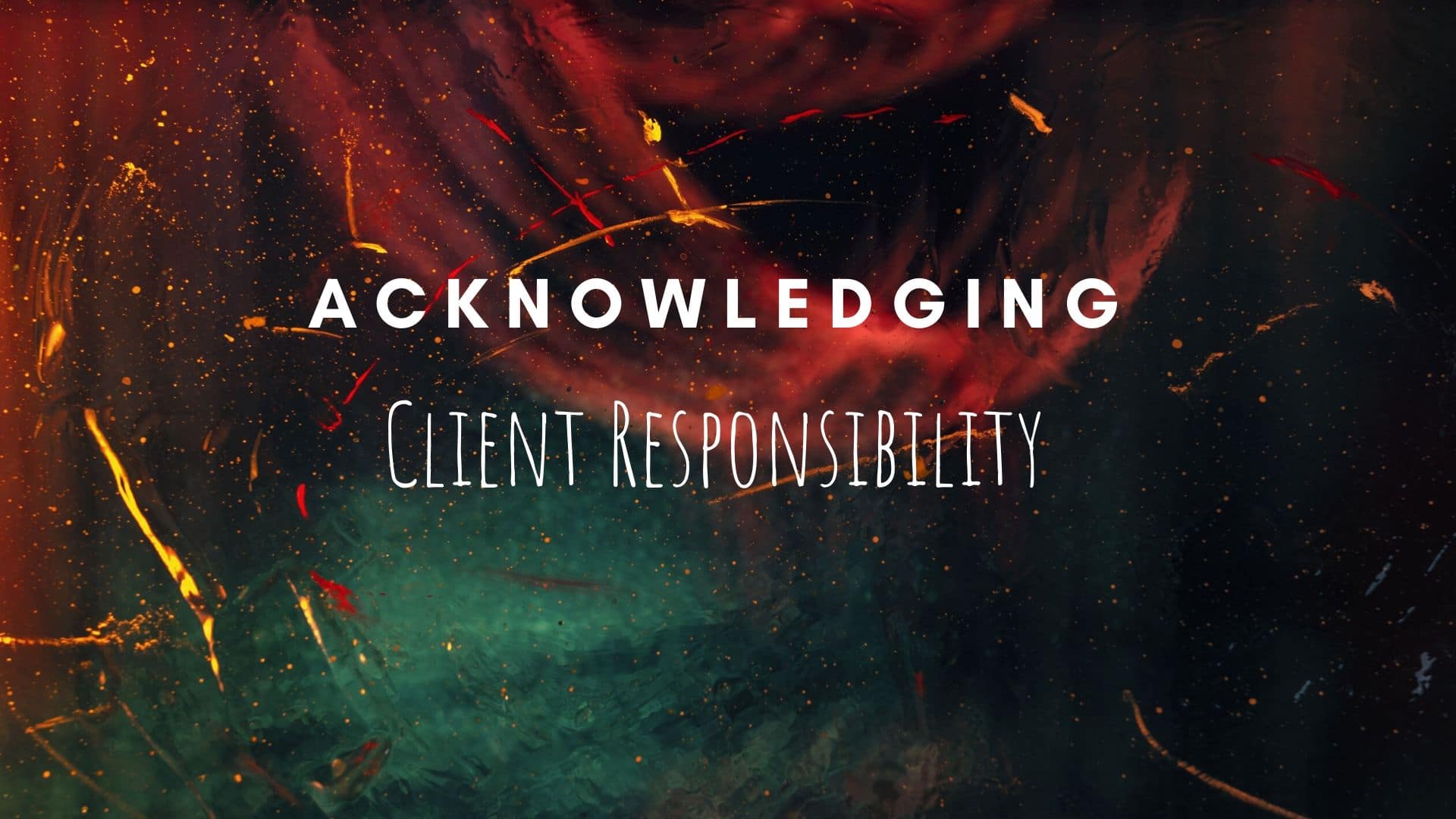ICF recently released and updated competency model that will go into effect for credential applications in early 2021. In these updated competencies it puts a lot of emphasis on ethical coaching practices.
What does this change mean for coaches? It means that it’s time to step up our game and start focusing on what these indicators mean to who we are as coaches. The competency markers don’t comprise a checklist to make sure you go through every coaching session. They are here to help you have a way to look at how your coaching mindset is being outwardly manifested. If these things aren’t showing, don’t create a list of questions to check off the markers. Instead, take a look inside and see what needs to change about who you are as a coach to reflect these things in your everyday life. Being a coach goes way beyond what you do inside a coaching session. It’s who you are and what you have become. It’s how you look at people and how you interact with the world that surrounds you.
In the new model, some competencies were re-shuffled, and language clarified. Former 14 competencies now present eight powerful clarifications on what it means to be a competent coach.
The new model starts with the foundation: Ethics (and Coaching Mindset)
Previously, the measure of competency in the area of ethics assessors only focused on what coaches were not supposed to do.
The applicant will NOT pass this competency if the applicant:
- Focuses primarily on telling the client what to do or how to do it (consulting mode).
- The conversation is based primarily in the past, particularly the emotional past (therapeutic mode).
- Is not clear on basic foundation exploration and evoking skills that underlie the ICF definition of coaching; that lack of clarity in skill use will be reflected in skill level demonstrated in some of the other competencies listed below.
- For example, if a coach almost exclusively gives advice or indicates that a particular answer chosen by the coach is what the client should do, trust and intimacy, coaching presence, powerful questioning, creating awareness, and client-generated actions and accountability will not be present, and a credential at any level would be denied
While these things are still true, ICF has now defined what behaviors a coach will be displaying if they are competent in the area of ethics.
Demonstrates Ethical Coaching Practice Definition:
Understands and consistently applies coaching ethics and standards of coaching
- Demonstrates personal integrity and honesty in interactions with clients, sponsors, and relevant stakeholders
- Is sensitive to clients’ identity, environment, experiences, values, and beliefs
- Uses language appropriate and respectful to clients, sponsors and relevant stakeholders
- Abides by the ICF Code of Ethics and upholds the ICF Core Values
- Maintains confidentiality with client information per stakeholder agreements and pertinent laws
- Maintains the distinctions between coaching, consulting, psychotherapy and other support professions
- Refers clients to other support professionals, as appropriate
This viewpoint on ethical coaching practice sets a high bar and draws a clear distinction from how coaches with ICF credentials are responsible for being with their clients. It also sets clear expectations for clients about what they can expect from an ICF accredited coach. My question to you is, how closely are you aligned to this competency as an agile coach? Something to think about for sure.
Want to find out more about learning professional coaching by ICF standards? Check out our ACTP ICF Coaching Courses. Classes are starting soon at a Zoom near you!
Next time: Coaching Mindset




















